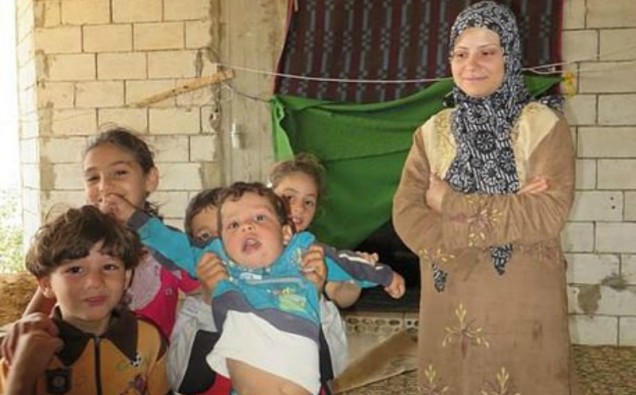
The world powers must act to boost developing economies and alleviate poverty in the most fragile countries to prevent future refugee crises, the World Bank says.
More than 244 million people, or 3.3 percent of the world’s population lived outside their country of origin in 2015. Majority of them are economic migrants who left their countries in search of better economic and social opportunities, but there are others forced from their homes by military conflicts.
The ongoing armed conflict in Syria has triggered one of the biggest refugee crises in the world’s history with more than 11 million people fleeing their home to avoid a civil war between anti-government forces and troops loyal to President Bashar al-Assad. Sectarian overtones and a tussle between regional and world powers have further exacerbated the crisis.
Speaking at the German Institute for Economic Research, World Bank President Jim Yong Kim said sharing fruits of economic growth with the poor and reducing incidence of extreme poverty were critical to avoiding an even greater refugee crisis in the coming years.
Extreme poverty globally is projected to fall a mere 6 percent by 2030, if slower growth trend of the past decade is stretched, meaning the poverty rate in the most fragile countries would remain extraordinarily high at 47 percent.
“All of Europe and all of Germany are rightly focused on the refugee crisis on the continent today, but if fragile states still have 47 percent of their people living on less than 2 Euros a day by 2030, while the developed world prospers, the flow of migrant and refugees will not stop,” Kim said.
For Kim, the World Bank will need to change its strategy to fight poverty and deal with the forced displacement.
The most recent indication of that change is reflective in the Bank’s decision to offer Jordan, a middle-income country, loan at rates only given to the poorest countries. Jordan is hosting more than one million Syrian refugees.
The Bank provided an initial $100 million loan to Jordan at concessional rates and an additional $200-400 million will be given on same low rates to build a special economic enterprise zones that in turn will help create jobs for both Jordanians as well as Syrian refugees.
Noting an ever-increasing global interdependence, Kim said major issues that evolve in developing countries now swiftly move to affect developed countries – and vice-e- versa. “Climate change, pandemics, refugees, terrorism, and economic downturns all move seamlessly around the world.”
To address these issues, Kim said addressing the challenge of global threats that cross boundaries and regions will become more central to the World Bank. While the Bank will continue to focus on needs of the individual countries, tackling issues that have global implications will have more “robust commitment”.
Managing risk and uncertainty will be made much more effective, Kim said and added that the Bank’s agenda is already showing changes in its development activities with greater emphasis on disaster risk management, targeted investment in the face of climate uncertainty, and increasing support for social protect nets for those living close to the poverty line.
The Bank’s new approach also include targeting deep pockets of poverty and rising inequality in countries at every income level by investing in middle-income countries, facing problems due to uncertainty, and preventing spill-over effects on the neighboring and other countries.
“If we leave these problems unresolved, the risk of growing conflict and extremism in these contexts will become very real, as we have seen in the Middle East, North Africa, and Latin America,” the World Bank president said.
In addition to forced displacement, dealing with the threat of pandemics is another area that the Bank needs to change its approach.
An epidemic similar to the Spanish Flu of 1918, would spread to the world’s urban centers within two months and could lead to tens of millions of death and a loss of as much as 5 percent of global GDP – or roughly $4 trillion.
The World Bank is working with the World Health Organizations and other U.N. agencies, reinsurance companies and governments and civil society groups to design a “Pandemic Emergency Financing Facility, to be launched later this spring to deal with the challenge of pandemics.
“This new facility will fill a lethal gap in the international financing system that was exposed to the Ebola crisis,” Kim said.














